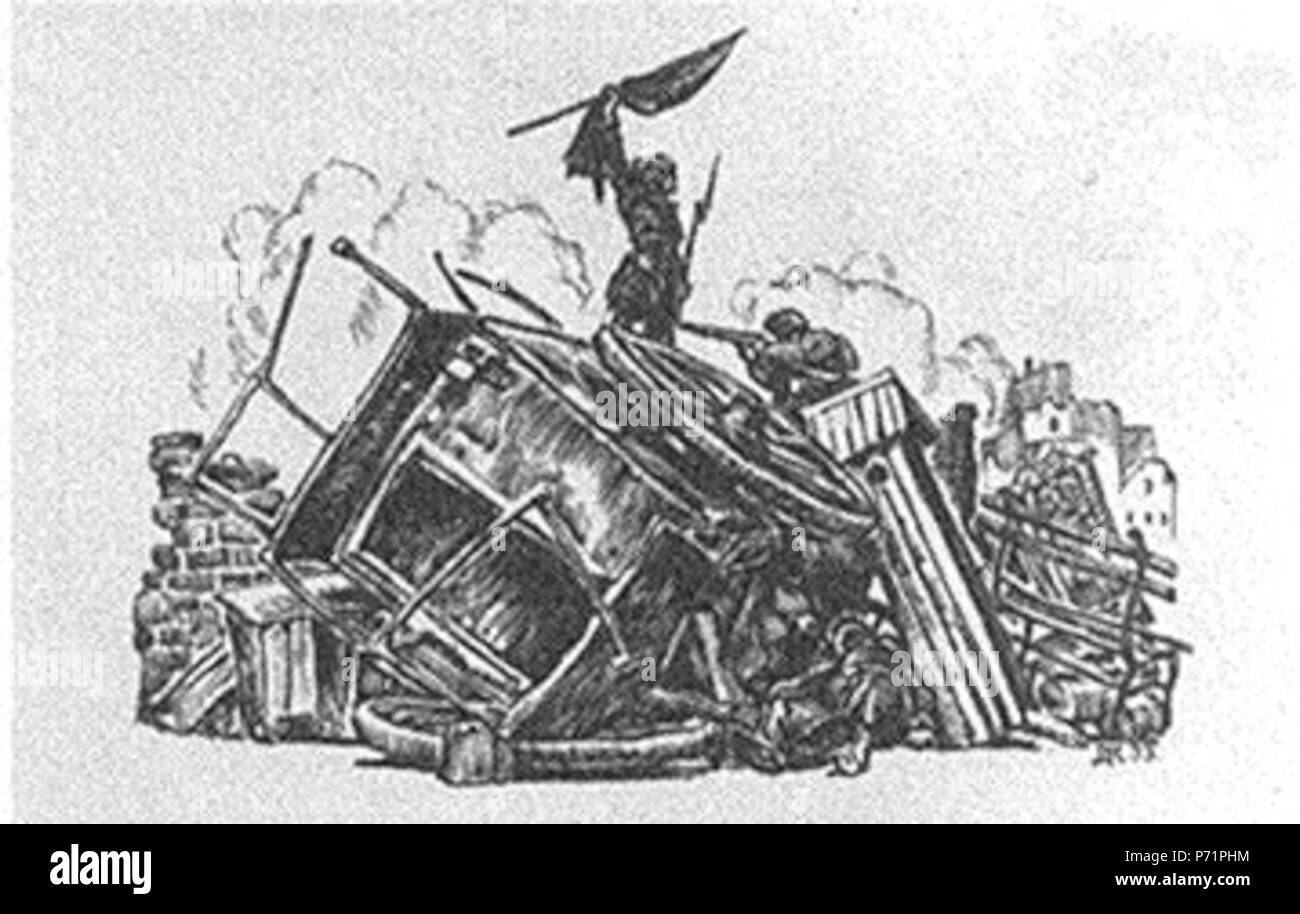
Turgenev Rudin Prezentaciya
Turgenev is an author who no longer belongs to Russia only. During the last fifteen years of his life he won for himself the reading public, first in France, then in Germany and America, and finally in England. In his funeral oration the spokesman of the most artistic and critical of European nations, Ernest Renan, hailed him as one of the greatest writers of our times: 'The Master, whose exquisite works have charmed our century, stand more than any other man as the incarnation of the whole race,' because 'a whole world lived in him and spoke through his mouth.' Rudin is the first of Turgenev's social novels, and is a sort of artistic introduction to those that follow, because it refers to the epoch anterior to that when the present social and political movements began. This epoch is being fast forgotten, and without his novel it would be difficult for us to fully realise it, but it is well worth studying, because we find in it the germ of future growths. For more than seventy years, Penguin has been the leading publisher of classic literature in the English-speaking world. With more than 1,700 titles, Penguin Classics represents a global bookshelf of the best works throughout history and across genres and disciplines.

Rudin, Serbo-Croation Language Turgenjev - Sabrana Dela Hardcover – 1935. Instrukciya po remontu i ekspluatacii tojota hajlender. S., Velimirovic, Zorka M. Turgenjev (Author) Be the first to review this item. See all formats and editions Hide other formats and editions. Price New from. The Project Gutenberg EBook of Rudin, by Ivan Turgenev This eBook is for the use of anyone anywhere at no cost and with almost no restrictions whatsoever.
Readers trust the series to provide authoritative texts enhanced by introductions and notes by distinguished scholars and contemporary authors, as well as up-to-date translations by award-winning translators. 'synopsis' may belong to another edition of this title.
About the Author: Ivan Sergeyevich Turgenev was born in 1818 in the Province of Orel, and suffered during his childhood from a tyrannical mother. After the family had moved to Moscow in 1827 he entered Petersburg University where he studied philosophy.
You may cancel before renewal date. For full details, consult the Quicken Membership Agreement. Full payment is charged to your card immediately. At the end of the membership period, membership will automatically renew every year and you will be charged the then-current price (prices subject to change). 
When he was nineteen he published his first poems and, convinced that Europe contained the source of real knowledge, went to the University of Berlin. After two years he returned to Russia and took his degree at the University of Moscow. In 1843 he fell in love with Pauline Garcia-Viardot, a young Spanish singer, who influenced the rest of his life; he followed her on her singing tours in Europe and spent long periods in the French house of herself and her husband, both of whom accepted him as a family friend. He sent his daughter by a sempstress to be brought up among the Viardot children. After 1856 he lived mostly abroad, and he became the first Russian writer to gain a wide reputation in Europe; he was a well-known figure in Parisian literary circles, where his friends included Flaubert and the Goncourt brothers, and an honorary degree was conferred on him at Oxford. His series of six novels reflect a period of Russian life from 1830s to the 1870s: they are Rudin (1855), A House of Gentlefolk (1858), On the Eve (1859; a Penguin Classic), Fathers and Sons (1861), Smoke(1867) and Virgin Soil (1876). He also wrote plays, which include the comedy A Month in the Country; short stories and Sketches from a Hunter’s Album (a Penguin Classic); and literary essays and memoirs.